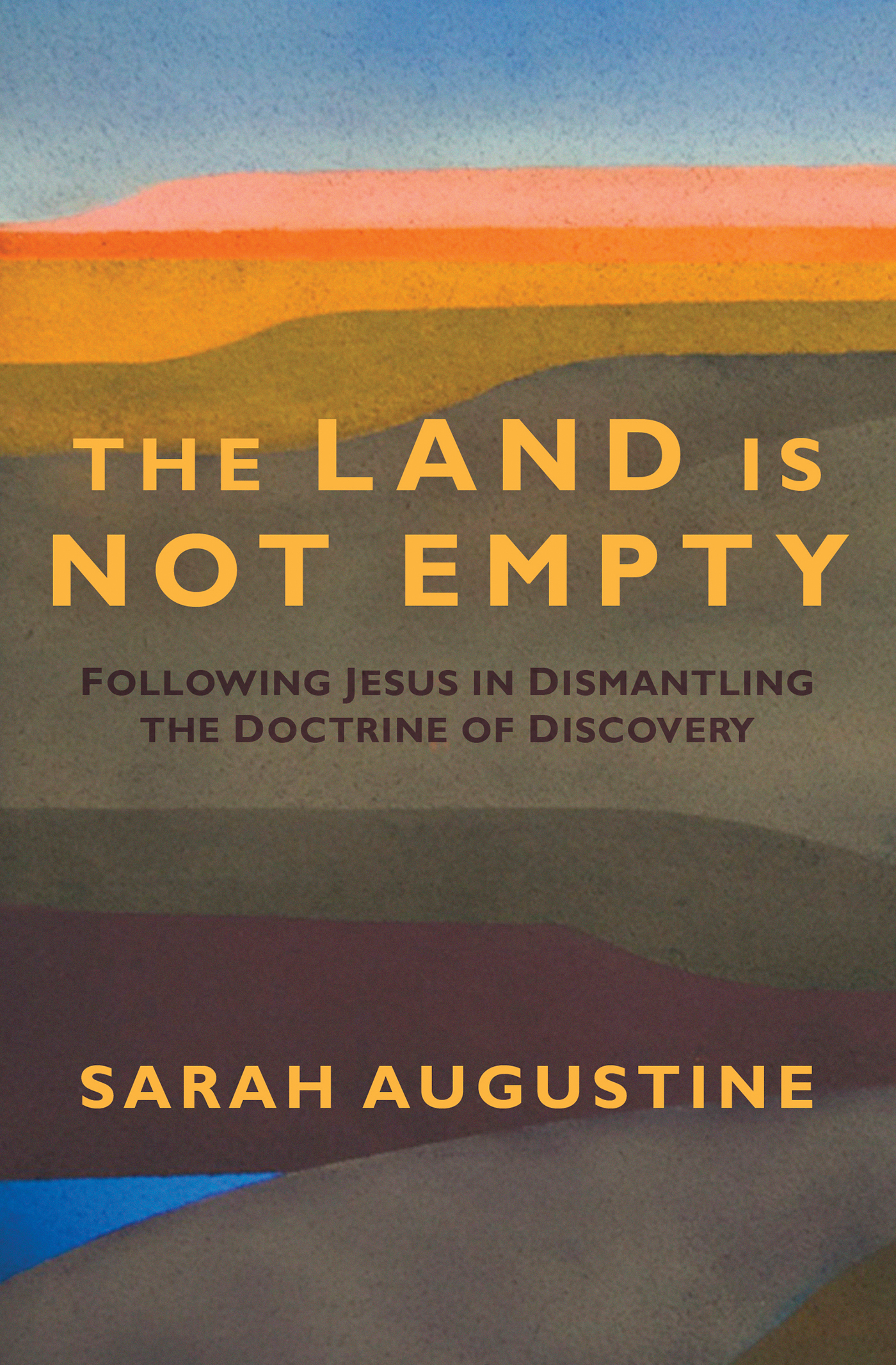What do you think?
Rate this book


224 pages, Paperback
Published June 22, 2021
I was shocked to learn this reality through my work in Suriname. I realized that what is happening there today is the exact process that unfolded in North America 150 years ago. While attending the United Nations Permanent Forum on Indigenous Issues and attending meetings held by the World Council of Churches, I also learned that what is happening in the Suriname rainforest is happening around the world. I was befriended by Indigenous Peoples in the Philippines, West Papua, Sweden, Norway, Mexico, Nicaragua, Bolivia, Peru, Australia, New Zealand, Greenland, and many other countries. All faced legal forced removal from their lands. All faced major human rights abuses--in many cases including targeted violence and extrajudicial killings. In nearly every country, extractive industry was legally polluting land, causing disease, forcefully removing communities from their lands, and killing innocent people.The author reflects on her own personal situation as another example of one who also has experienced a form of generational internal displacement caused by polices based on the Doctrine of Discovery. She is Pueblo (Tewa) but she is not enrolled as a member of her ancestral tribe because her parents were orphans and raised by others—“No history. No extended family. No identity.” She has recaptured a bit of her identification with native Americans by today living on the Yakima reservation in Washington, but ironically it was her husband’s “settler” ancestry that partly motivated their move to that location.
My faith defines me. I am a Christian woman, a devoted follower of Jesus. Learning that the Christian church originated the Doctrine of Discovery sent my life spinningThe final chapter offers tangible answers to the question that the author often hears from groups to which she has spoken. “What can I do to help?”
sideways—my understanding of the world and my place in it. How strange to find that, according to the logic of the Doctrine, I am not one of the "chosen" in the exodus story, but rather a Canaanite. Learning the precepts that underlie the Doctrine of Discovery, the ideological alibis that morally and legally justify land theft on an epic scale, shook me. Yet understanding how the Doctrine of Discovery has shaped the world, and my life in particular, has awakened in me a call to justice and peace proclaimed by Jesus in Luke 4:18-19